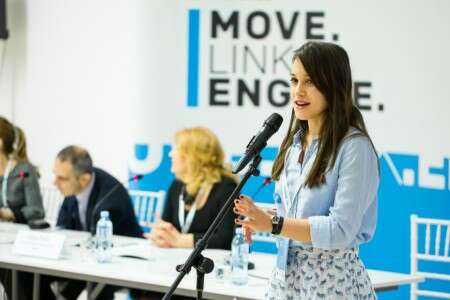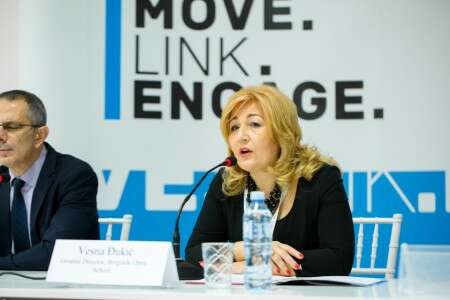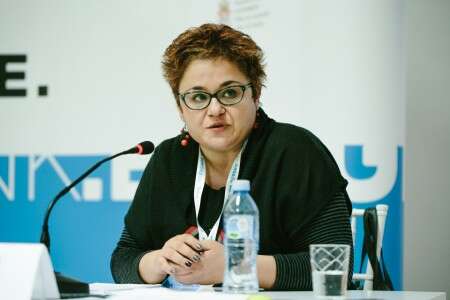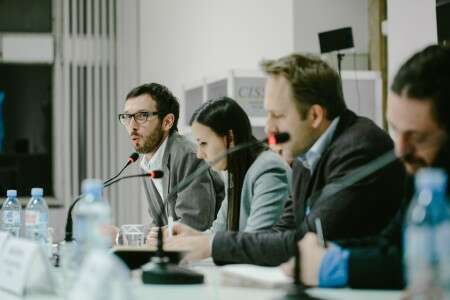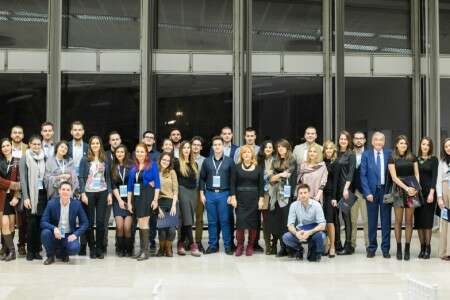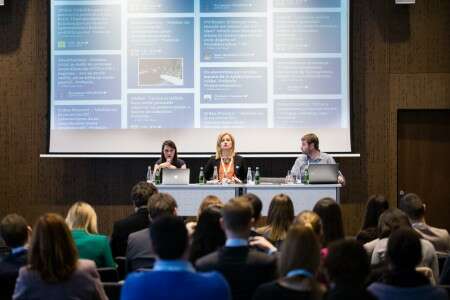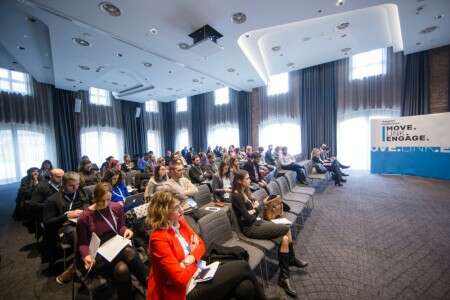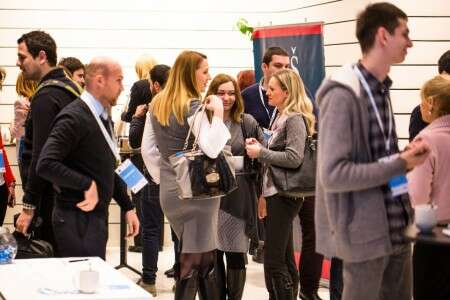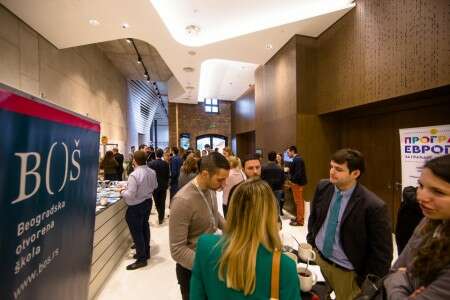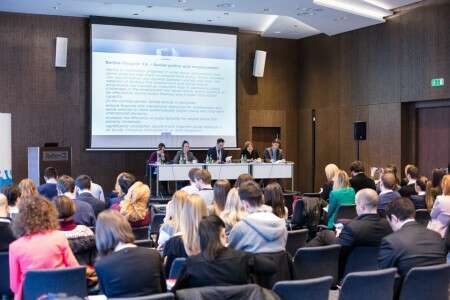The regional conference "Move.Link.Engage - New Modes of Governance in the Western Balakns" was held on December 8th and 9th in Belgrade.
The Belgrade Open School gathered representatives of civil society organizations from the Western Balkans region for a quest of answering the questions:
• How to preserve the transformative power of the European integration process from the weakening of democracy and the onset of new authoritarianism in the countries of the Western Balkans?
• How can public policies be returned to institutions?
• Do civil society organizations need to take on a new role in the process of European integration and, from the position of partners to inconsistent political elites, again become leaders and key players in the process of adopting European values?
Civil society organizations launched, more than 20 years ago, a campaign to join the Western Balkans countries to the European Union. Today we witness the situation in which current political elites in the region are unable to continue the democratic transition, contribute to strengthening the rule of law and enable public policies to return to institutions.
Facing the internal crisis, strengthening anti-liberal social movements and without response to a migrant crisis, the EU has put stability in the region ahead of democracy. The political elites in the region, burdened with authoritarian political legacy, corruption and the growing problem of endangering basic rights and freedoms, represent an unreliable partner in the process of European integration that has adopted a technocratic character, devoid of an essential value framework.
Civil society organizations that gathered at the Move.Link.Engage conference sent a clear message - without the rule of law and strong institutions there is no progress in the process of European integration. Adoption of EU acquis and economic progress are unsustainable if they are not founded on the essential values of a free and democratic society. Civil society organizations have sent a clear message that public policies must be returned to institutions, and the process of European integration must be based on citizens' participation in policy-making, transparency and responsibility of public authorities.
The messages sent on the Move.Link.Engage conference oblige civil society organizations to take responsibility and actively work to create preconditions for establishing new governance models in the region.
The conference was realized within the program "Europe for Citizens", in partnership with the Office for Cooperation with Civil Society of the Government of the Republic of Serbia and with the support of the Museum of the History of Yugoslavia.

